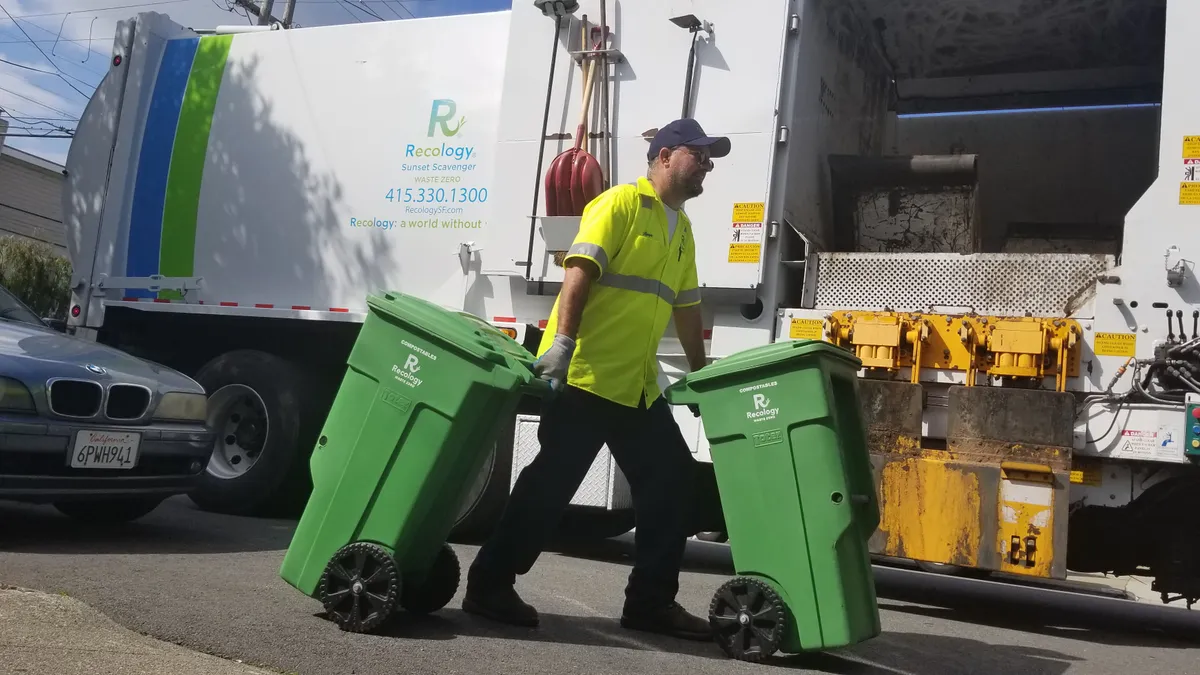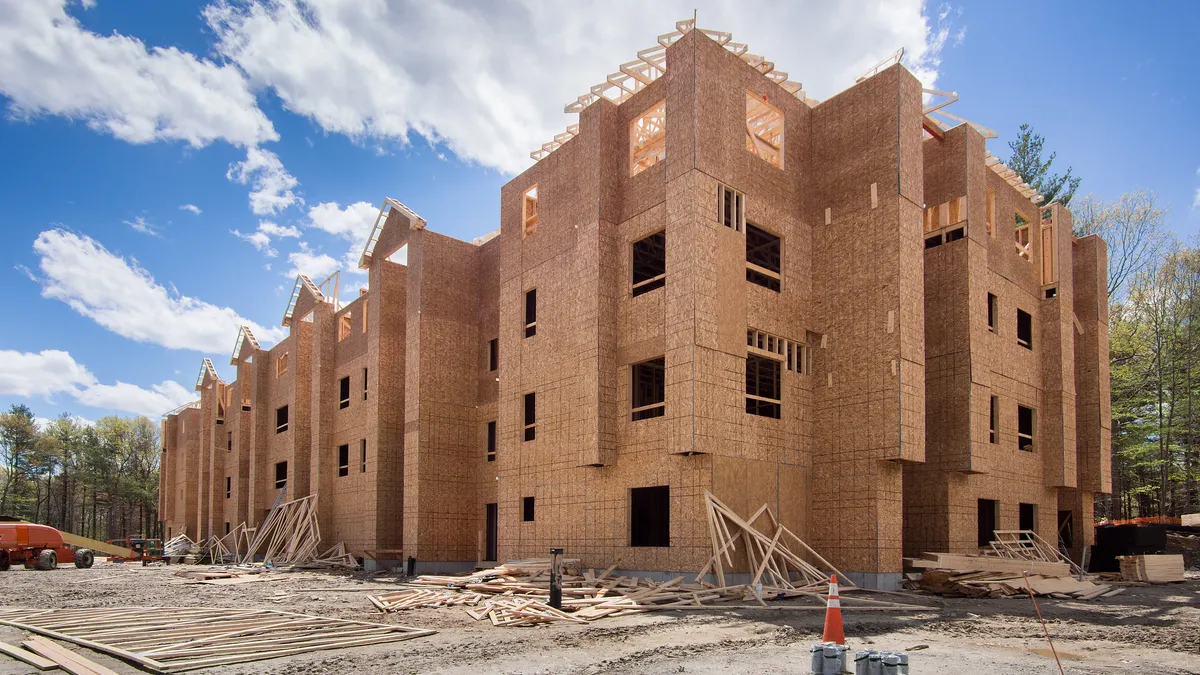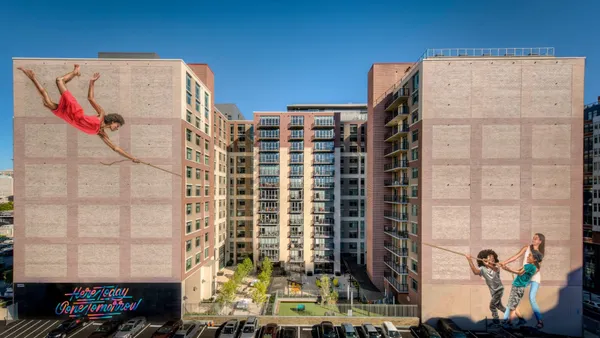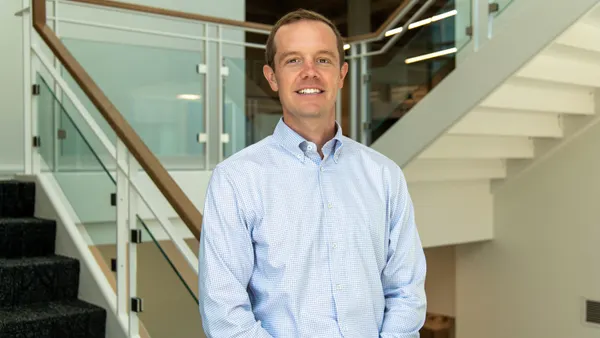Dive Brief:
- Owners and operators of residential properties with five or more units in Austin, Texas, will be required to provide tenants and employees with access to commercial composting services starting next October.
- Passed by the Austin City Council last month, the new legislation stipulates that the composting be serviced by private collectors paid for by owners, not via the city’s single-family composting program.
- Costs for the service will run from 80 cents to $2.90 per unit per month, according to Jason McCombs, division manager of strategic initiatives at Austin Resource Recovery, a city department. “We’re encouraging property managers to work with the hauler that best suits their needs,” he told Multifamily Dive.
Dive Insight:
The law follows a similar one that went into effect in California last year, although many municipalities in the state have applied for extensions until 2024, according to GV Wire. Other cities with multifamily composting ordinances include Seattle and Boulder, Colorado.
New York City has started to roll out a mandatory residential composting program, according to The New York Times. The program, which is expanding across the city over the next year, requires residents to separate food scraps and yard waste from their trash.
Austin’s program piggybacks on an established one for the single-family sector. More than half of Austin’s residents live in multifamily housing, according to the city.
“About 37 percent of the material residents throw out is compostable,” said McCombs. “It’s important to keep that out of the landfill.”
The United States wastes approximately 80 million tons of food each year, and composting is seen as a solution to sending it to the garbage dump. The process converts organic food materials into a nutrient-rich soil substance or mulch through natural decomposition.
The city is offering up to $3,000 in rebates to eligible properties willing to start as early adopters. The new composting rules go into effect Oct. 1, 2024. Multifamily properties, which include apartments, condos, dorms, assisted living facilities and nursing homes, will have one year to comply.
Properties will also be required to provide education to tenants and employees, make sure signs and labels are on all composting containers and fill out a plan each year.
What to know
This education component is a key pillar in successful multifamily composting, according to Lauren Click, founder and executive director of Let's Go Compost, a Scottsdale, Arizona-based nonprofit dedicated to making composting free and accessible throughout the country.
“We recommend education about the benefits and that property owners provide clear, easy-to-follow guidelines,” she said. “Use various communication channels like flyers, emails or community meetings to engage and inform residents.”
This education should include information about the composting process itself, including what can and cannot be composted. Austin’s program is specific in what fits the bill, for instance. Food scraps, food-soiled paper and BPI-certified compostable products are fair game.
To make the program convenient — and thus encourage buy-in — Austin specifies that multifamily properties provide large, shared containers near trash and recycling containers. Private collectors will pick up the materials at least once a week.
“It’s important to set up designated composting areas with appropriate bins and signage,” said Click. “Ensure easy access and convenience for residents.”
In cases like the program in Austin, where multifamily managers have the freedom to forge contracts with a variety of providers, Click recommends beginning with an assessment of the property’s needs and the residents’ receptiveness to the program.
“Then contact a local compost facility to inquire about their curbside offerings,” she said. “Tell them how many residents you expect will use the program, how they can access the buildings, and where the bins will be stored.”
So far, said McCombs, there’s been little in the way of pushback from property managers. “There are always initial concerns about the bins, how they work and things like that,” he said. “But we’ve proven the model with single-family homes, so the city’s residents have a basic understanding of the benefits.”









